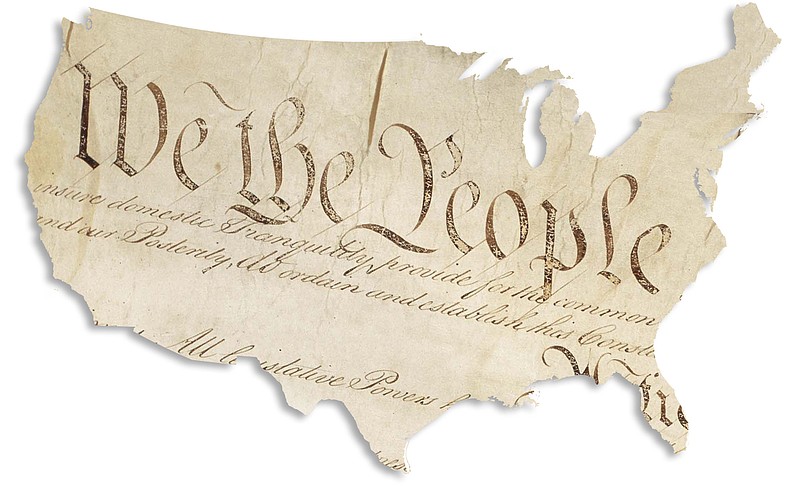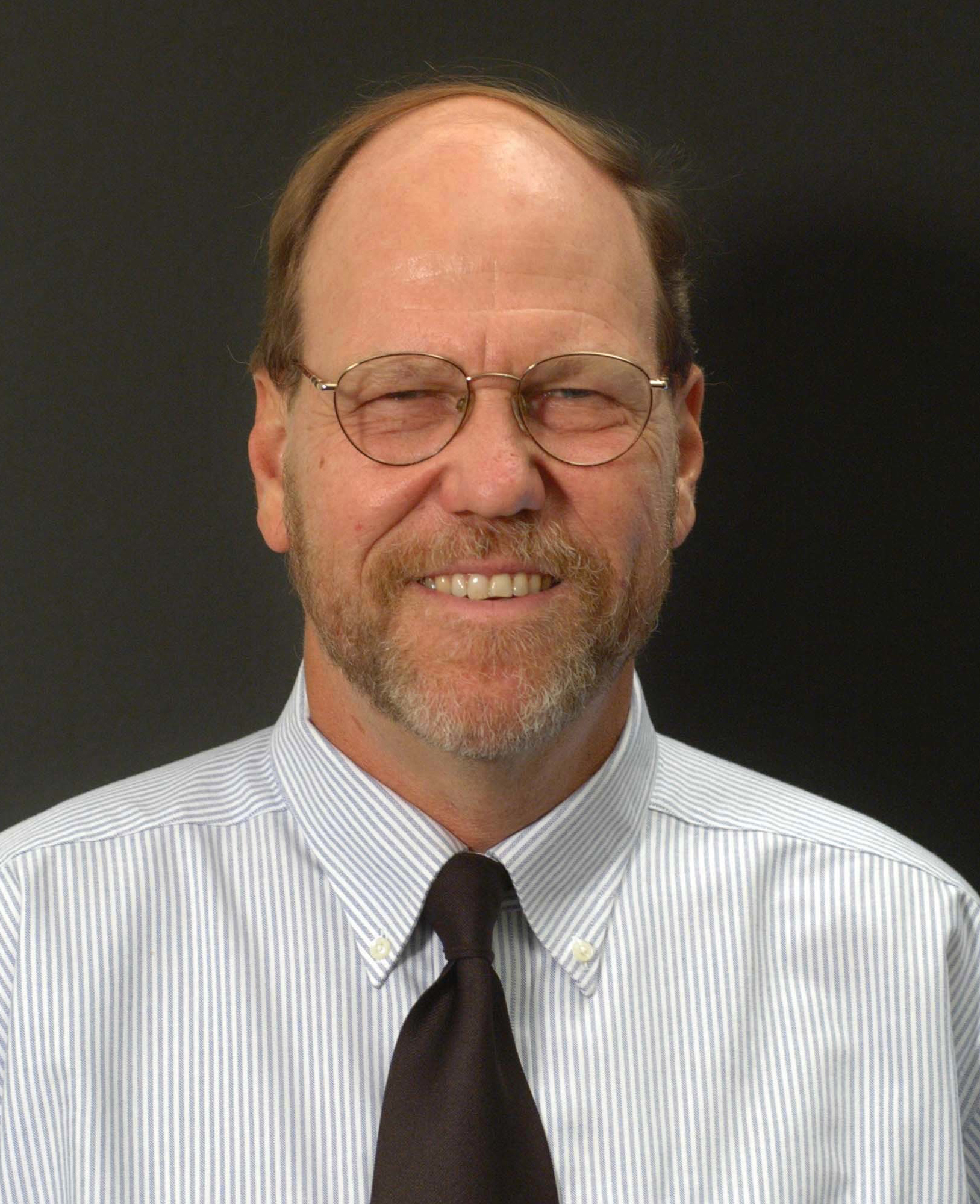If you go
* What: UTC Center for Reflective Citizenship’s fifth anniversary public lecture* Who: Dr. Wilfred McClay, the G.T. and Libby Blankenship chairman in the History of Liberty at the University of Oklahoma* Topic: “Says Who?: The Role of Expertise in a Democracy,” followed by a question-and-answer session* When: Thursday at 7:30 p.m.* Where: UC auditorium* Cost: The event is free; refreshments will be served* For more info: Call 423-425-2118 or email edast@utc.edu
If men were angels, no government would be necessary. If angels were to govern men, neither external nor internal controls on government would be necessary. In framing a government which is to be administered by men over men, the great difficulty lies in this: you must first enable the government to control the governed; and in the next place oblige it to control itself.
- James Madison, Federalist 51, Feb. 6, 1788
On Thursday throughout the nation, many universities and schools will commemorate the 208th anniversary of the date that delegates to the Philadelphia Convention signed the Constitution and subsequently presented it to the states for the ratification.
The words of James Madison, first among equals in the creation of this remarkable document, are chastening; preserving free government is a permanent task for mere mortals. Inspired by different ideas and interests, the delegates disagreed on important issues, and the document only lived to see the light of day because of painful compromises. However, the need to establish rules that would accommodate human propensities for both good and evil was not an issue of contention.
A disproportionately highly educated group by the standards of the day, the founders understood, some from serious study of Greco-Roman constitutions, others from Judeo-Christian teachings, and many from reading perhaps the Enlightenment's premier political thinker Baron Montesquieu, that two critical components were needed for democratic republics to survive: a framework that limited as much as possible human abuses of power, and a positive educational task to cultivate a citizenry capable of the virtues of self-government..
For well over a century, the founders' belief in the vital link between citizen virtue and the viability of the Constitution has been weakened, partly as a consequence of the rise of a powerful bureaucratic and political elite who believe they have the expertise to understand and promote the well-being of citizens better than we the people do ourselves.
This cultural shift has contributed to the neglect of serious civic education and increased public alienation from politicians and bureaucrats who no longer appear as civil servants.
Constitutions, including ours, are not sacred texts with supernatural effects but are effectual or ineffectual reflections of the civic cultures in which they exist.
The UTC Center for Reflective Citizenship is hosting a lecture Thursday for those interested in learning more about the impact of cultural trends on the U.S. Constitution.
Lucien Ellington is director of the UTC Center for Reflective Citizenship and a UC Foundation Professor of Education.

